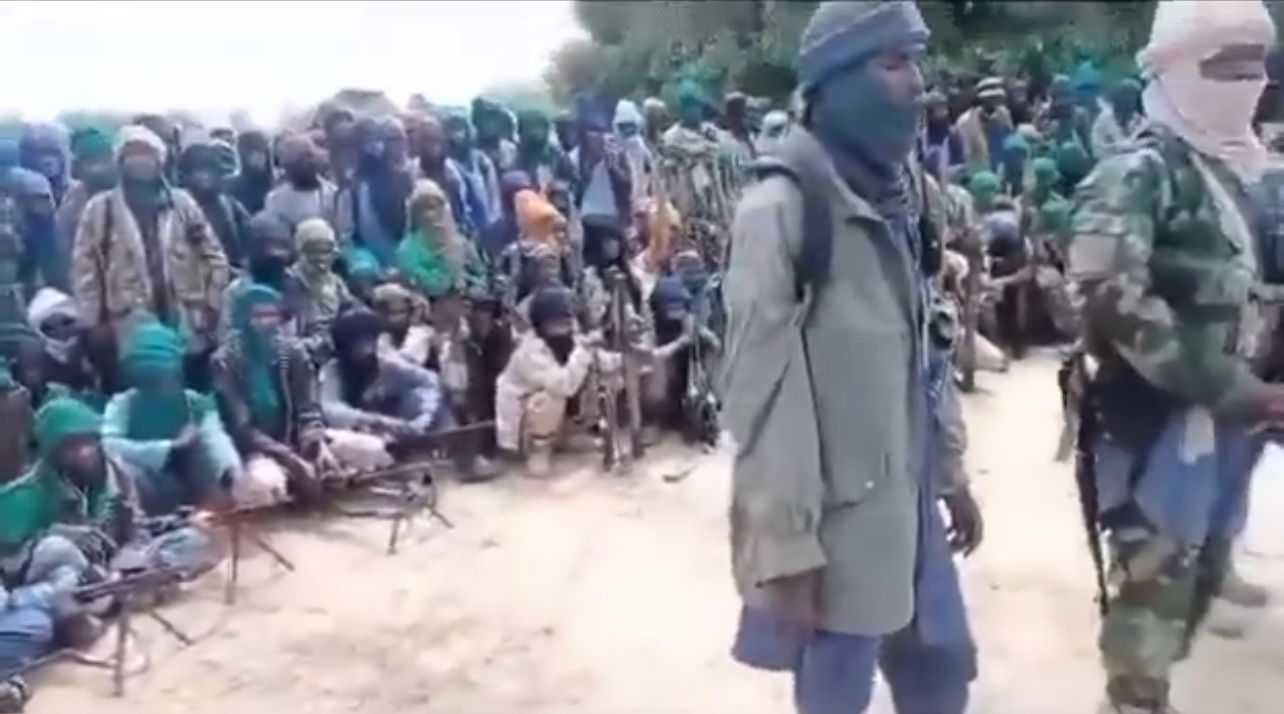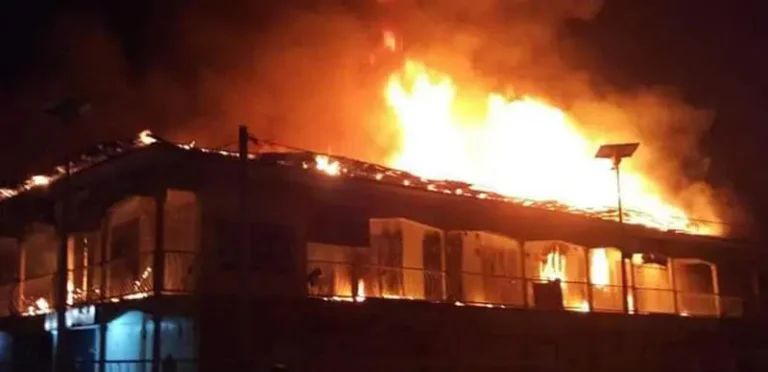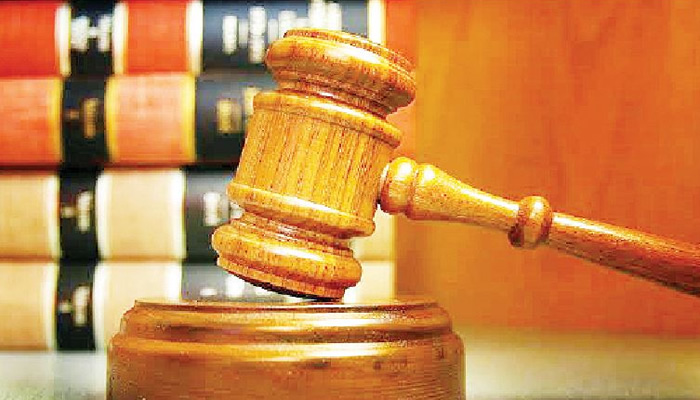
Suspected members of the Lakurawa militant group have launched a series of deadly attacks in the Dosso region of Niger Republic, further escalating tensions along the Niger-Nigeria border.
In the most recent attack, the village of Gueza in the Dioundiou department was struck twice within a few days. In the first assault, five villagers were strangled to death by the militants. The attackers returned shortly after, killing the village chief’s representative and a local father, reportedly in an act of vengeance tied to a personal dispute.
According to community members, the violence was provoked by a Lakurawa leader’s pursuit of a local woman. After the village chief’s representative warned the woman’s father, the girl was sent away to live with relatives. Enraged by the action, the militants retaliated, resulting in the deaths of two more villagers.
The Rise of the Lakurawa Group
The Lakurawa group, which is increasingly making its presence felt in both Niger and Nigeria, has its roots in pastoral communities across Mali, Burkina Faso, and Niger. Originally, members of these communities engaged in livestock herding, but over time, economic hardship and insecurity led some to embrace terrorist activities.
Their transformation into a full-fledged terror group accelerated after the July 2023 coup in Niger, which fractured cooperation between Nigerien and Nigerian security forces. This breakdown in security has allowed the Lakurawas to exploit the weakened border area, moving freely across the porous Niger-Nigeria border.
Initially, the group operated in Nigeria’s northwestern states of Sokoto and Kebbi, where they gained a degree of acceptance by protecting local communities from attacks by armed bandits. However, their growing extremism has led to a shift in tactics, with the group now imposing Sharia law, extorting “zakat” (taxes), and resorting to violence to maintain control.
The group, composed of a mix of ethnicities including Malians, Tuaregs, Fulani, and Arabs, communicates in several languages including Arabic, Tuareg, Fulfulde, and Hausa.
Their attire, distinctive turbans and beards along with their ideological connections to larger jihadist groups like Boko Haram and al-Qaeda, has helped them integrate into various communities, furthering their expansion across borders.
The group’s ability to cross borders with impunity has raised alarms. Following increased military pressure in Nigeria, many Lakurawa fighters fled into Niger, establishing footholds in the Dosso and Tillabéri regions. These areas are characterized by weak state presence, making them ideal for the group to carry out operations.
The recent attack in Gueza signals a disturbing escalation of the Lakurawa group’s activities in Niger, highlighting the growing security threat that transcends national borders.
Zagazola advised that unless regional cooperation between Niger and Nigeria is restored, particularly joint military patrols along the border, the Lakurawas will continue to thrive in the border areas, exploiting local vulnerabilities.
The porous Niger-Nigeria border and the diminished security coordination between the two countries following the coup in Niger have enabled the Lakurawas to operate with little interference. The group, linked to wider jihadist networks in the Sahel, has access to significant resources, including arms, funding, and logistical support, making it a formidable threat.(Zagazola)


